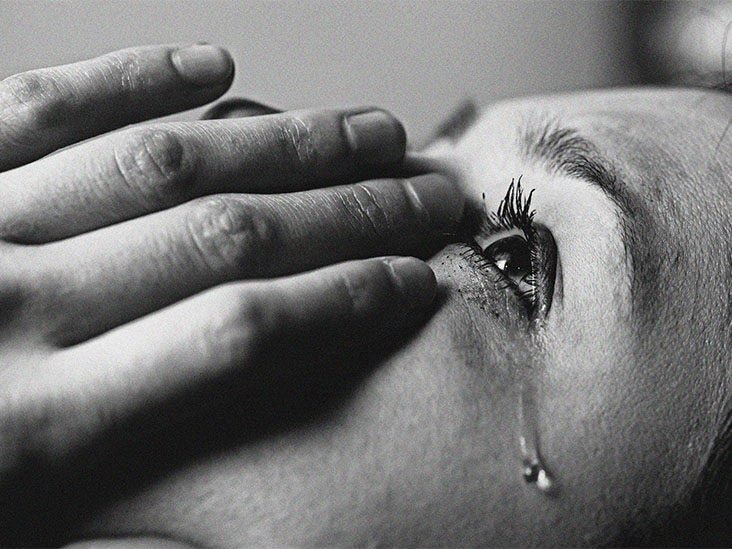Crying is a natural human response to emotions such as sadness, grief, and frustration. It is a way for us to release pent-up emotions and feel a sense of catharsis. However, for some people, crying can be difficult or even impossible. This can be due to both physical and emotional reasons.
One physical reason why some people may have difficulty crying is due to a deficiency in the tear gland. The tear gland, also known as the lacrimal gland, is responsible for producing tears. If the gland is not functioning properly, it can lead to a condition known as dry eye syndrome, which can make crying difficult. This can be caused by a variety of factors, including certain medications, autoimmune conditions, and aging.
Another physical reason for not being able to cry is due to nerve damage. The facial nerve, also known as the seventh cranial nerve, is responsible for controlling the muscles in the face. If this nerve is damaged, it can affect the ability to produce tears. This can be caused by a variety of factors, including trauma, surgery, and certain medical conditions.
Physical reasons, there are also emotional reasons why some people may have difficulty crying. One of the main emotional reasons is due to repressing emotions. Some people may have learned at a young age to suppress their emotions, particularly negative ones, as a way of coping with difficult situations. This can lead to a lack of emotional expression, including the inability to cry.
Another emotional reason for not being able to cry is due to a lack of emotional attachment. Some people may have difficulty forming emotional bonds and may struggle to feel a deep sense of sadness or grief. This can make it difficult for them to cry, even in situations where it would be a natural response.
There are also cultural and societal factors that can play a role in the ability to cry. In some cultures, crying is seen as a sign of weakness and is discouraged. This can lead to people suppressing their emotions and not feeling comfortable expressing them through tears.
There are a few ways in which people can work on their ability to cry if they are struggling with this. One method is through therapy, particularly cognitive behavioral therapy or expressive therapy. These types of therapy can help individuals identify and work through repressed emotions and learn healthy ways of expressing them.
Another way to work on the ability to cry is through mindfulness practices, such as meditation and deep breathing. These practices can help individuals become more in tune with their emotions and learn to allow themselves to feel and express them.
It is important to remember that crying is a natural human response and it is okay to feel and express emotions. If you are struggling with the ability to cry, it is important to seek help and work on finding healthy ways of expressing your emotions.
